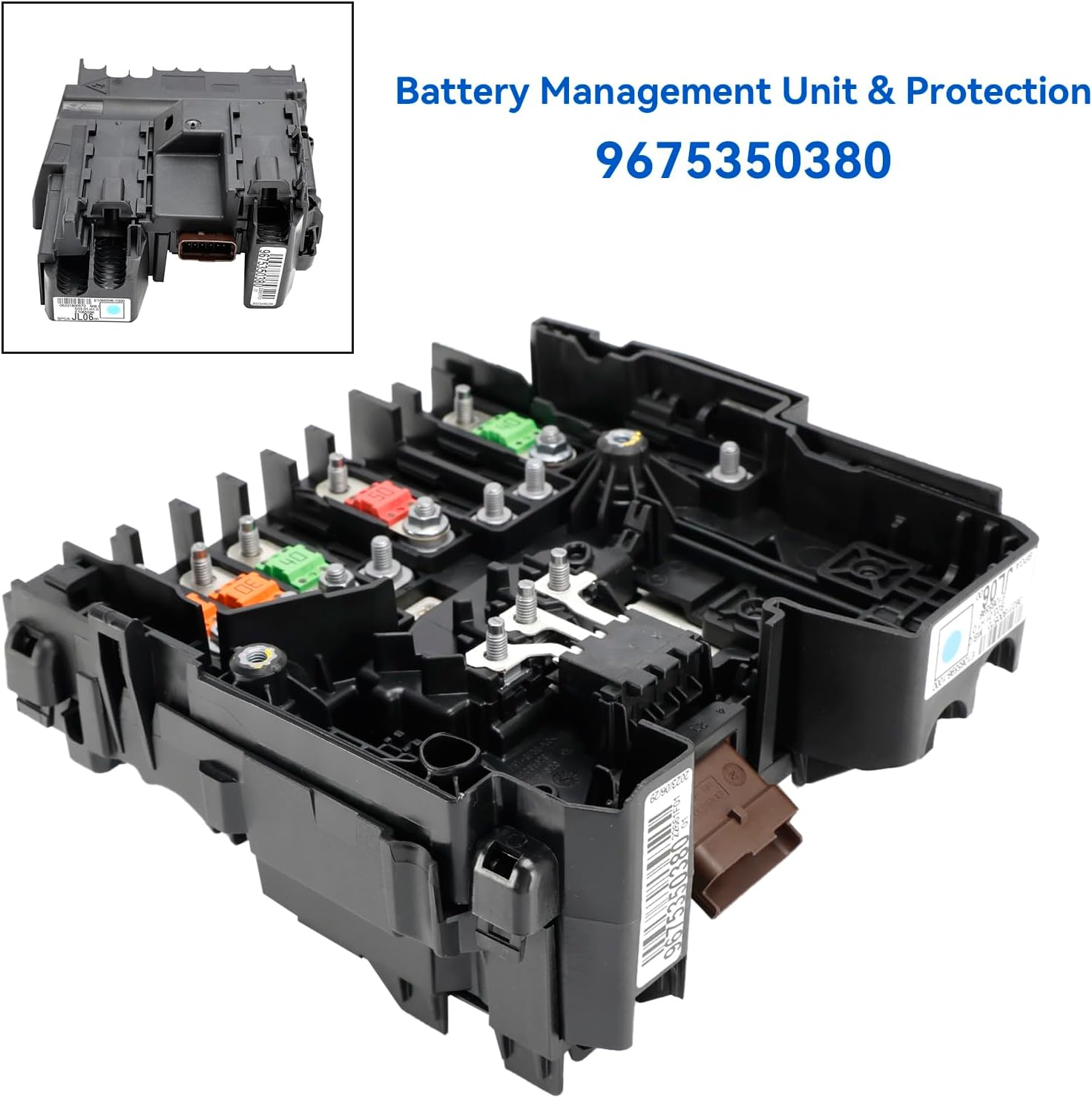Last Updated on 2025-06-23 by Car Parts Expert
A car fuse box is a crucial component of a vehicle’s electrical system that plays a vital role in protecting the car from electrical faults and preventing potential hazards. Understanding the functions and importance of the fuse box in a car can help vehicle owners in ensuring the safety and efficiency of their automobiles.
What is a Car Fuse Box
A car fuse box, also known as a fuse panel, is a box that houses a series of fuses designed to protect the electrical systems of the vehicle. The fuses in the fuse box are electrical safety devices that are designed to interrupt the electrical circuit when a fault is detected. This helps prevent electrical overloads and short circuits that can cause damage to the vehicle’s electrical components or even pose a fire risk.
Functions of a Car Fuse Box
1. Overload Protection:
One of the primary functions of a car fuse box is to protect the vehicle’s electrical system from overload. When an electrical circuit experiences an overload, the fuse in the fuse box will blow, breaking the circuit and preventing damage to the electrical components.
2. Short Circuit Protection:
In the event of a short circuit, where the current flows in an unintended path due to a fault, the fuse in the fuse box will blow, cutting off the power supply and preventing further damage to the electrical system.
3. Fire Prevention:
By interrupting the electrical circuit when a fault is detected, the fuse box helps prevent electrical faults from escalating into fire hazards. This is especially important in ensuring the safety of the vehicle and its occupants.
Importance of Maintaining the Car Fuse Box
Regular maintenance of the car fuse box is crucial to ensure the proper functioning of the electrical system and prevent potential hazards. Here are some reasons why maintaining the fuse box is important:
1. Safety:
A well-maintained fuse box helps ensure the safety of the vehicle by preventing electrical faults and fire hazards.
2. Efficiency:
A properly functioning fuse box ensures the efficient operation of the vehicle’s electrical systems, including lights, horn, radio, and other components.
3. Cost-Effectiveness:
Regular maintenance of the fuse box can help prevent costly repairs due to electrical faults that can damage the vehicle’s electrical components.
4. Peace of Mind:
Knowing that the fuse box is well-maintained provides peace of mind to the vehicle owner, knowing that the electrical system is safe and reliable.
Tips for Maintaining the Car Fuse Box
To ensure the proper functioning of the car fuse box, vehicle owners can follow these maintenance tips:
1. Regular Inspection:
Check the fuse box regularly for any signs of damage, corrosion, or overheating. Replace any damaged fuses immediately.
2. Correct Fuse Size:
Make sure to replace blown fuses with the correct size and amperage to prevent electrical overloads.
3. Keep it Clean:
Ensure that the fuse box is clean and free from dirt and debris that can affect its performance.
4. Professional Inspection:
If you are unsure about the condition of the fuse box, consider having it inspected by a professional mechanic
the car fuse box is a crucial component of a vehicle’s electrical system that helps ensure the safety and efficiency of the vehicle. By understanding the functions and importance of the fuse box and following proper maintenance practices, vehicle owners can protect their vehicles from electrical faults and hazards, ensuring a safe and reliable driving experience.
Any question pls contact Shany Whatsapp +86 18902611680








